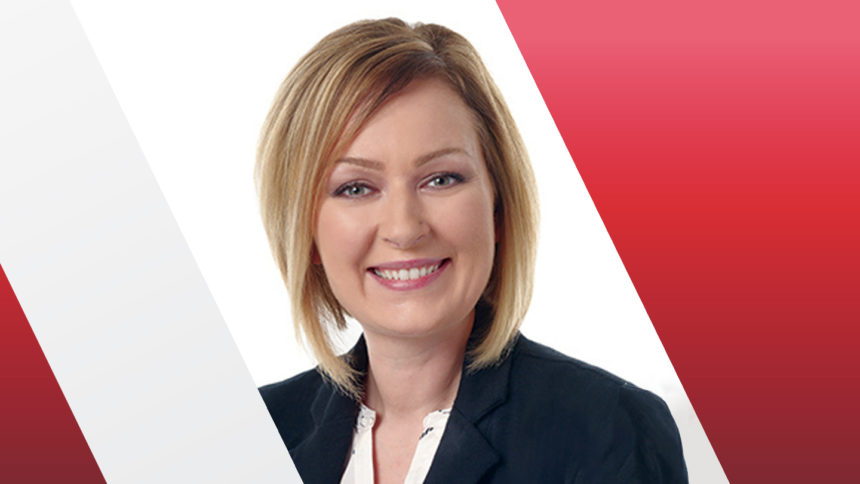
Q: Are changes to the Patient Driven Payment Model expected with the revised MDS in October?
A:There are no changes to the Patient Driven Payment Model calculations planned for Oct. 1. But updates to some data elements and your facility processes could theoretically impact reimbursement.
Currently, the Patient Health Questionnaire (PHQ-9) or Resident Mood Interview in Section D of the MDS can contribute to increased reimbursement under the Nursing Component of PDPM if the total severity score for the interview equals 10 or greater. This depression “end-split” affects the Nursing Case-Mix Groups of Special Care High, Special Care Low, and Clinically Complex. The total severity score is the sum of the frequency responses for symptoms present.
As of Oct. 1, the PHQ-9 will be revised to the PHQ-2 to 9. This will allow the mood interview to be stopped after the first two questions, depending on the resident’s responses. The positive here is that this may shorten the time the appointed staff member spends completing the Resident Mood Interviews. The question that remains is whether this shortened interview may lead to fewer residents with a total severity score of 10 or greater, and thus a dip in reimbursement.
For example, one may not be bothered by “little interest or pleasure in doing things,” or “feeling down, depressed, or hopeless,” — the two questions posed in the PHQ-2. But, if one was bothered by “feeling tired or having little energy,” or “poor appetite or overeating,” these questions will not be asked if the interview is concluded early.
Also, with the removal of Section G from federally required assessments, Section GG will stand as the assessment of functional abilities, and facilities should refocus efforts on GG assessment practices.
Please send your payment-related questions to Eleisha Wilkes at [email protected].
From the September 2023 Issue of McKnight's Long-Term Care News



